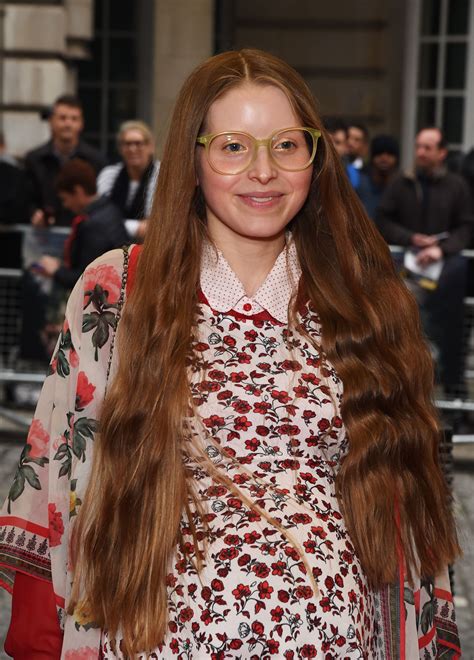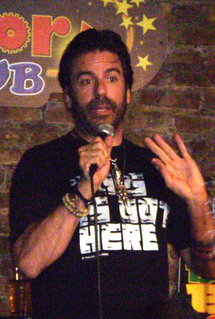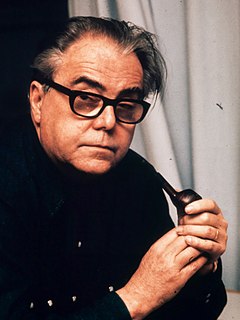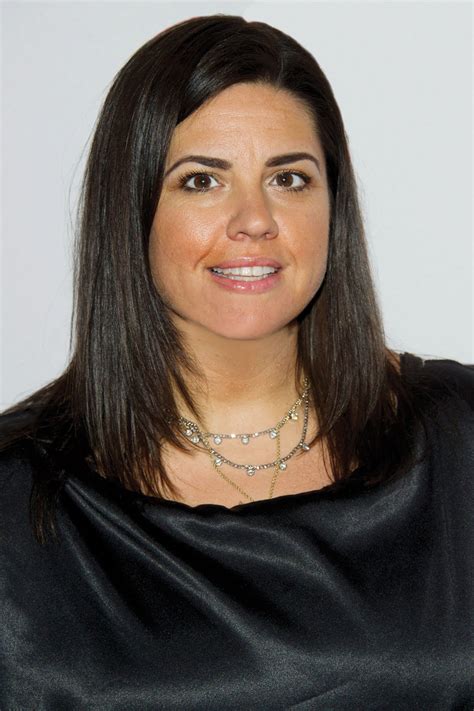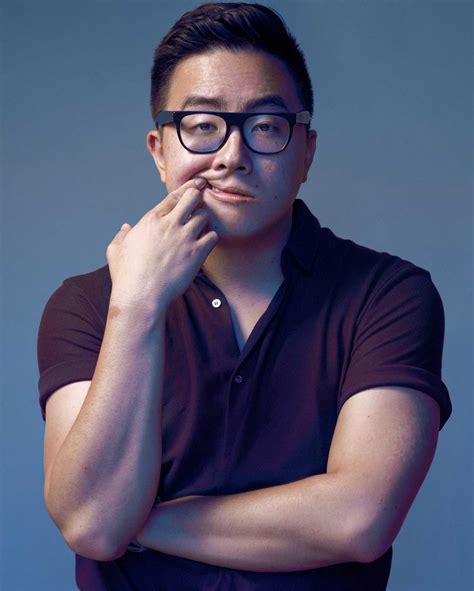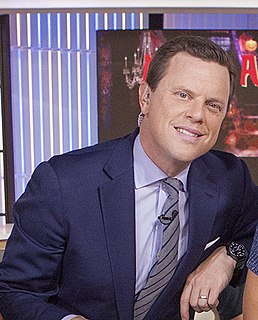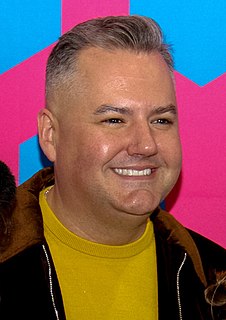A Quote by Paula Pell
You're under the gun at all times because it's live TV. A lot of time, between dress and air, you're having to come with an entire ending to your sketch that gets an even better, bigger laugh - which is terrifying... People are filing into the audience, and you're writing a new joke for the end of it.
Related Quotes
The only two TV shows I saw do that, where they don't warm them up and you can really bomb, was Saturday Night Live - and that's why it gets a lot of heat, too. Obviously it gets criticism fairly, too. But a lot of it is because Lorne [Michaels] lets the audience decide and doesn't force them to laugh.
The first thing I say when people ask what's the difference [between doing TV and film], is that film has an ending and TV doesn't. When I write a film, all I think about is where the thing ends and how to get the audience there. And in television, it can't end. You need the audience to return the next week. It kind of shifts the drive of the story. But I find that more as a writer than as a director.
Rain Man certainly didn't test really well. If you look at it carefully, you have a disease autism they didn't understand back then, they didn't know in the test audience whether it's okay to laugh or not laugh, because it's a film that's done in a way where, "Well, maybe I'm not supposed to laugh." At the end of the film, Dustin Hoffman gets on the train and doesn't even acknowledge his brother. Not even a glance, nothing. That's why the studio said, "Can't you just have him look at Tom Cruise at the end of the film?"
It is conceivable at least that a late generation, such as we presumably are, has particular need of the sketch, in order not to be strangled to death by inherited conceptions which preclude new births.... The sketch has direction, but no ending; the sketch as reflection of a view of life that is no longer conclusive, or is not yet conclusive.
There is no means of testing which decision is better, because there is no basis for comparison. We live everything as it comes, without warning, like an actor going on cold. And what can life be worth if the first rehearsal for life is life itself? That is why life is always like a sketch. No, "sketch" is not quite a word, because a sketch is an outline of something, the groundwork for a picture, whereas the sketch that is our life is a sketch for nothing, an outline with no picture.
I have become a giant fan of the testing process, especially with a comedy. I mean, they tell you what's funny. It's almost tailor-made for people who shoot the way we shoot, trying a million different options and versions of things. Because the audience doesn't laugh at a joke, we put in another joke. If they don't laugh at the next joke, we put in another joke. You just keep doing them and you can get the movie to the point where every joke is funny, if you have enough options in the can.
I'm always my own worst enemy. I'm like, 'Every show's my last.' I'm a lunatic, but that's my own issue. If I had time, I'd spend it in therapy, let's be honest. But I don't, so I'll remain crazy. But the truth is, you want it to be good for the audience, TV Guide. Because a lot of times as a producer you put so much into your shows and when you see the network putting stuff into it too, it gets exciting.





